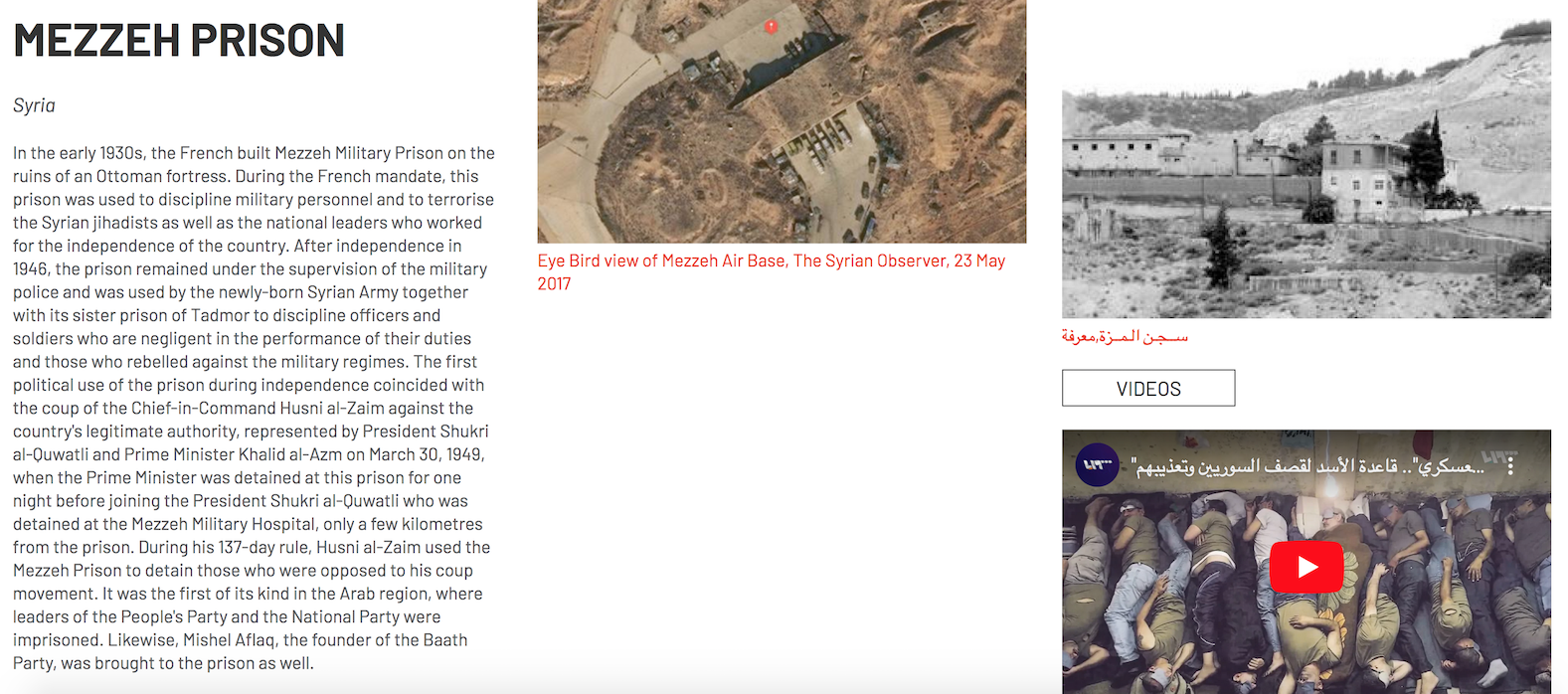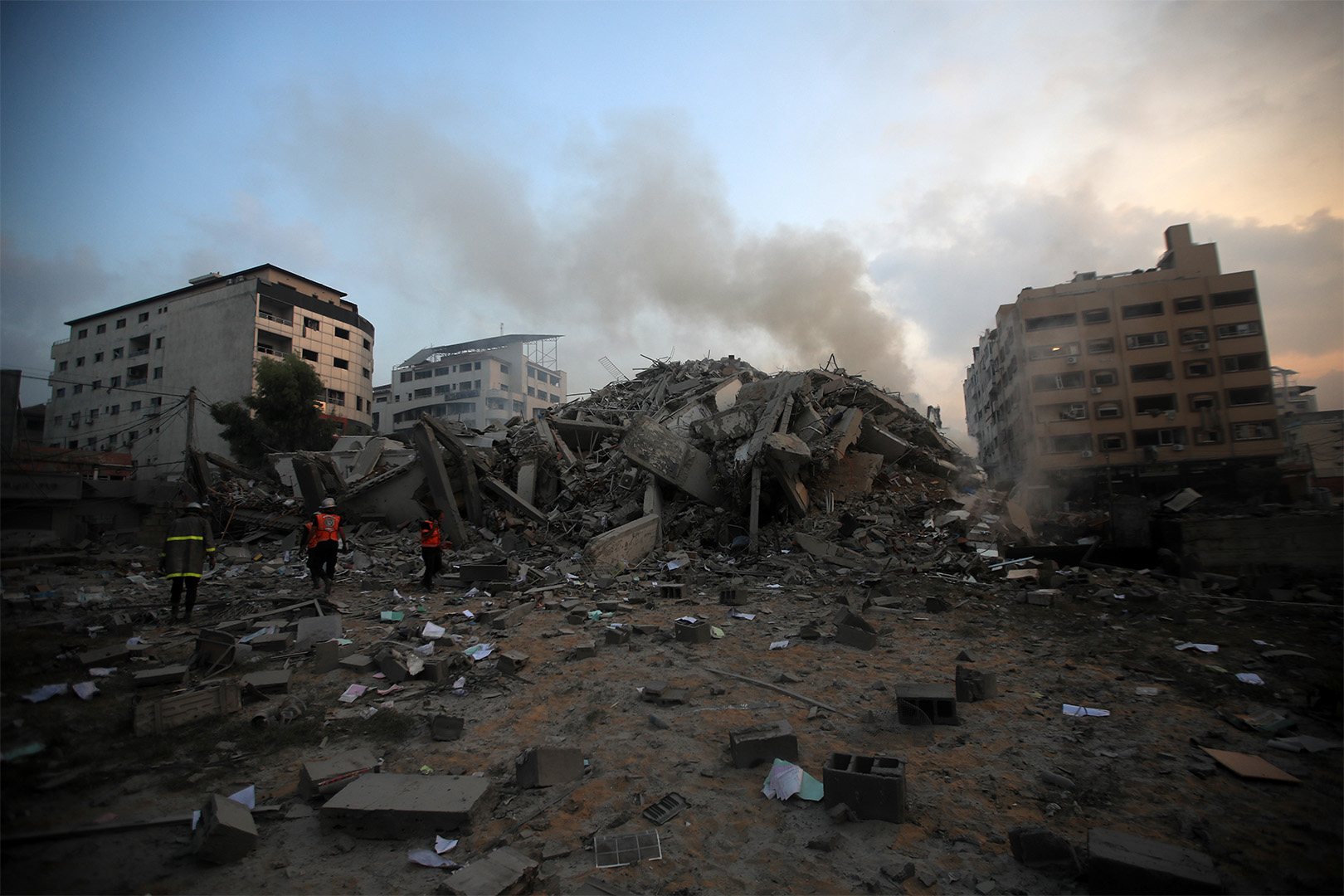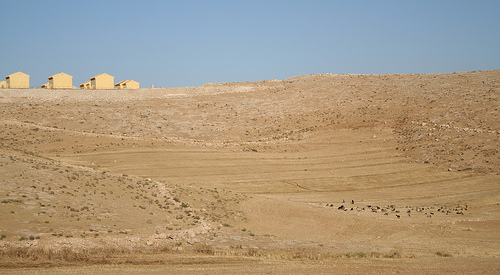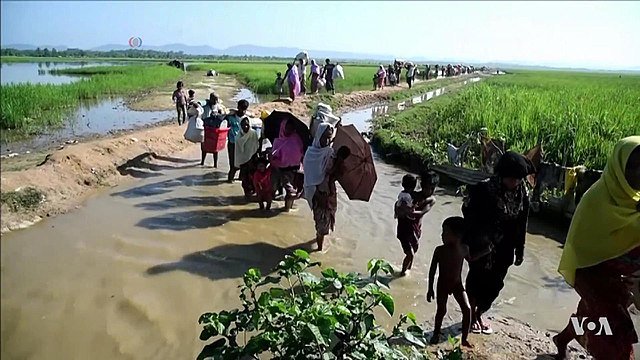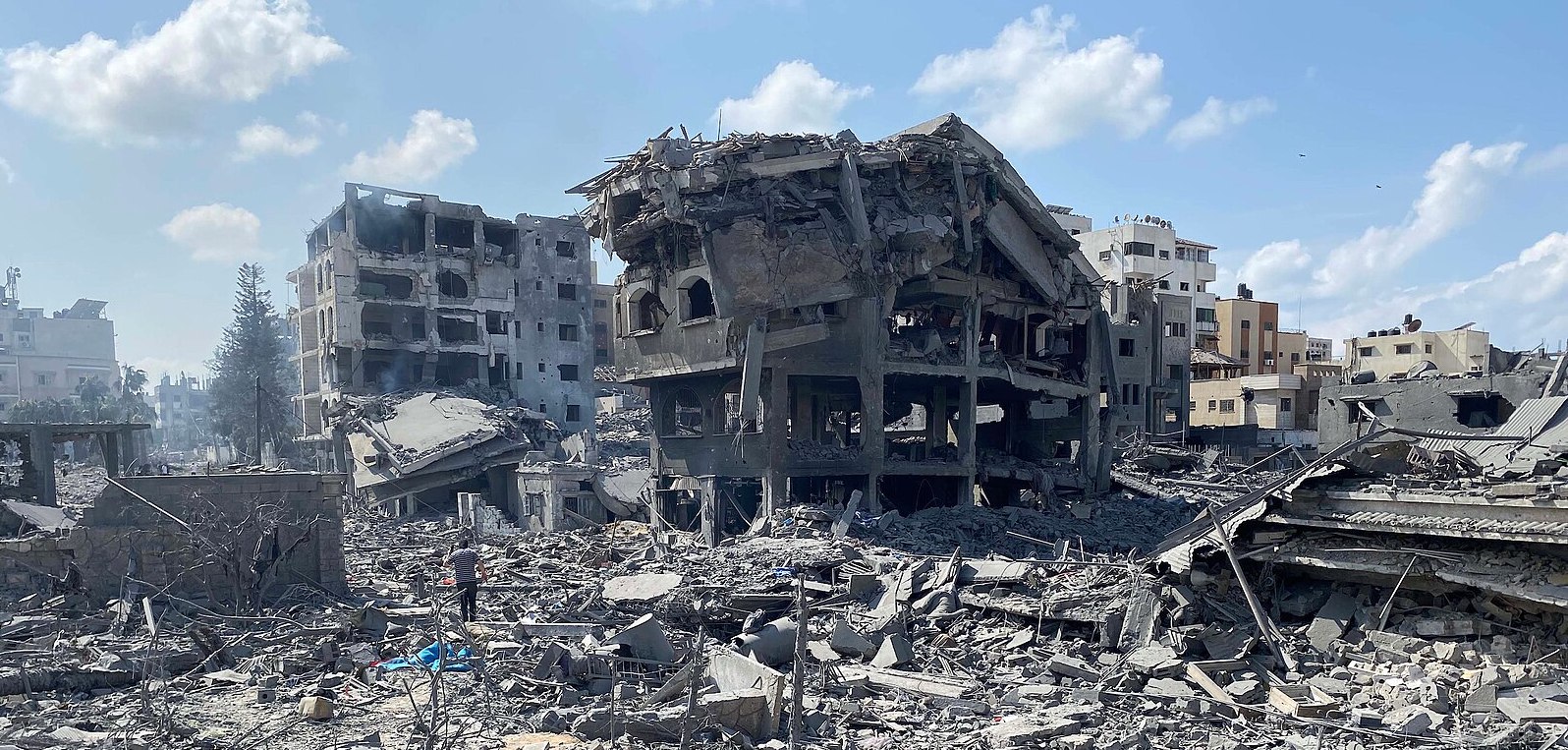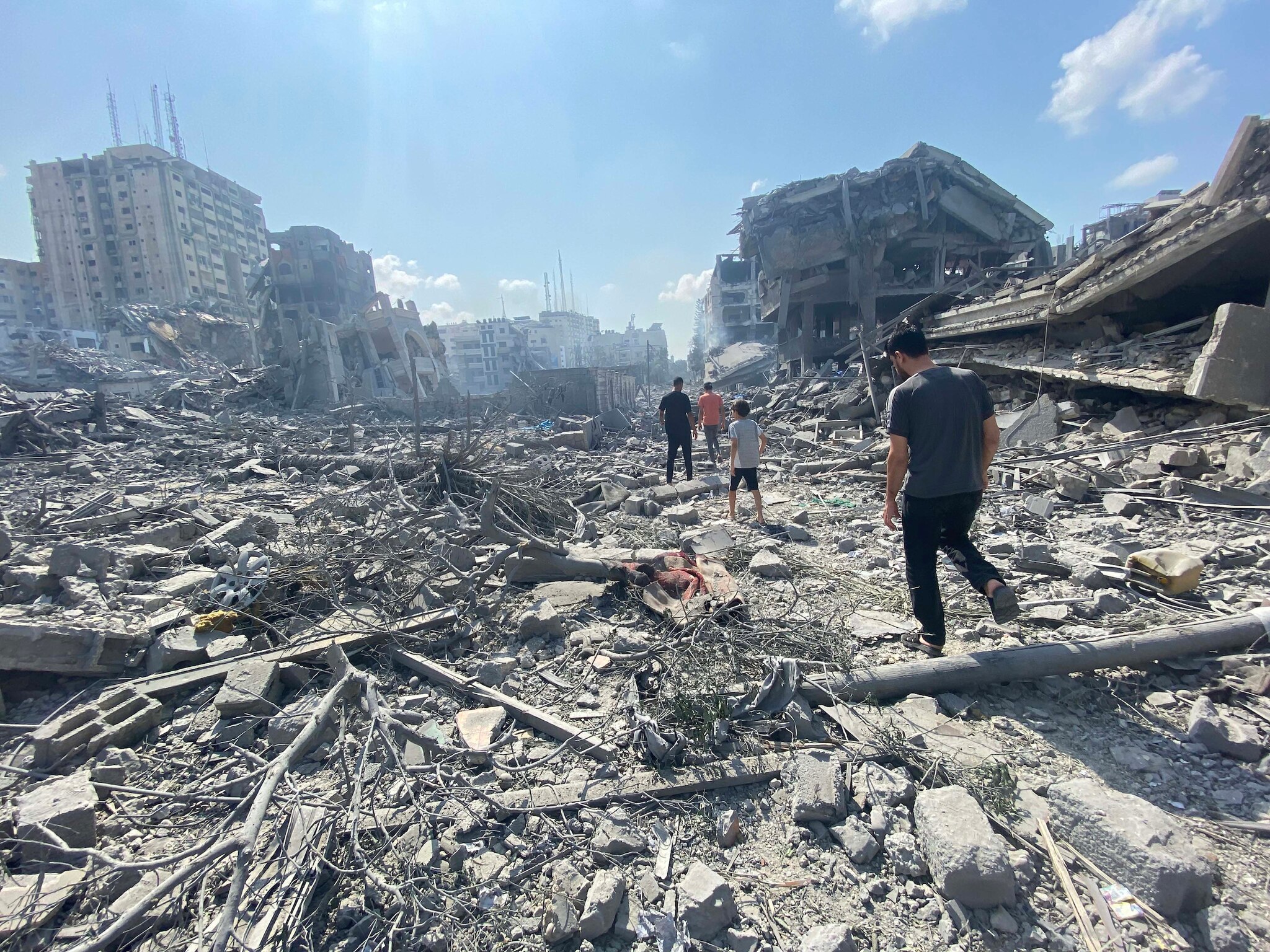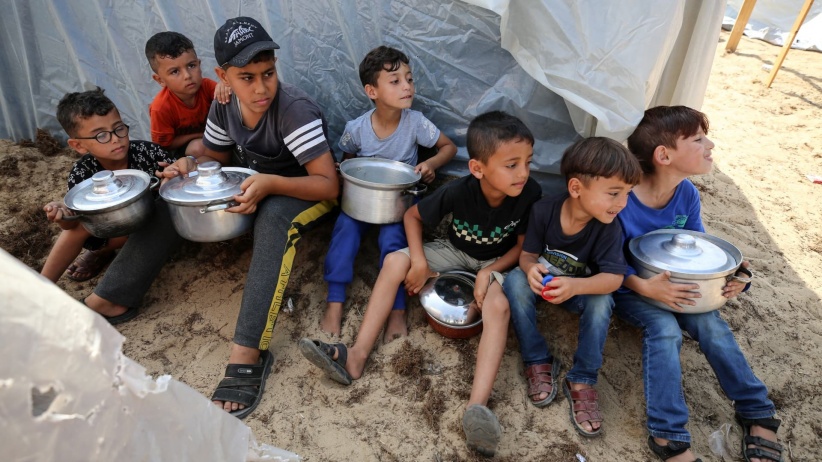
Israel deliberately deprives Gaza of water: HRW
Human Rights Watch released a report accusing Israeli authorities of intentionally depriving Palestinian civilians in Gaza of adequate access to water since October 2023. This systematic obstruction is said to have caused or contributed to “thousands of deaths,” and is part of a policy aimed at “inflicting conditions of life calculated to bring about the destruction of part of a population,” thereby legally constituting an “act of genocide.” (Photo: Maan News Agency)



